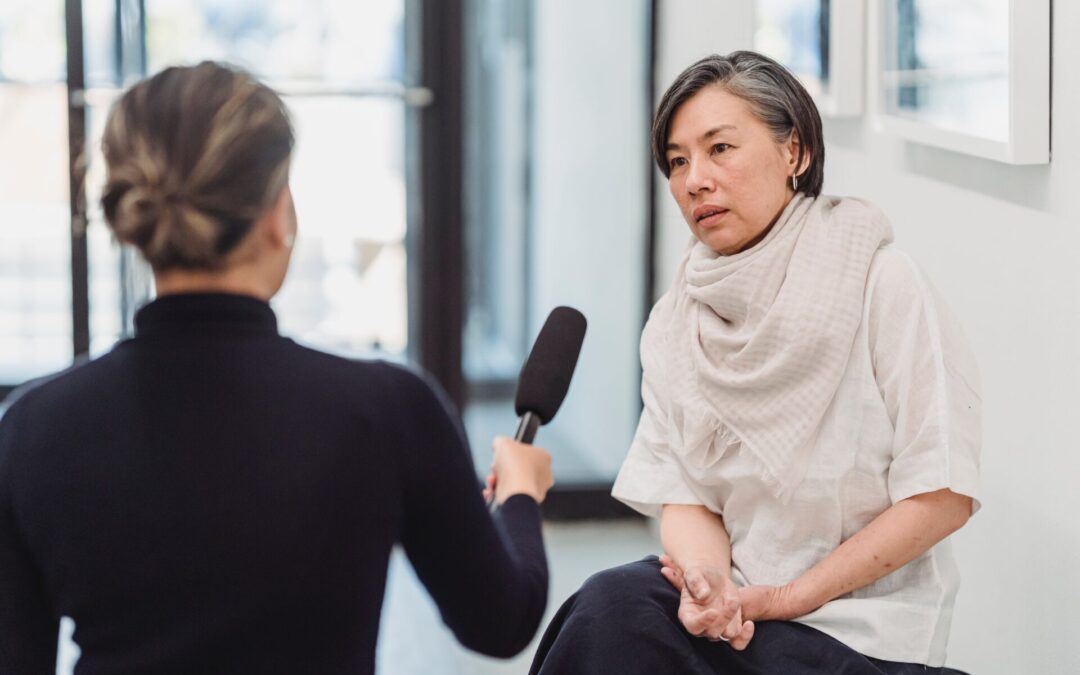Why relationships with journalists matter
When I was a journalist/reporter for a weekly, small town newspaper years ago, finding interesting stories was sometimes a challenge. Because of the nature of the newspaper, it was rare to have breaking news by the time the paper went to print mid-week. Many events took place over the weekend; we had one-person run restaurant openings; elementary school plays; high school field hockey. But it was what our readers and advertisers wanted, and that’s what the paper gave them.
Today’s media is very different. With social media, such as X, formerly known as Twitter, and Facebook, news (real or imagined) travels quicker than I can get to my whistling tea kettle.
If we run a business and vie for media attention, our competition is noise. It’s a challenge to get the right attention from the media, and when we try to do it ourselves, we’re buried in noise.
But if we are working to build trust in our organization, show our donors how their funds are being used, and create notoriety in the community, media coverage is important. Especially if we’re a nonprofit.
However, your press releases are among hundreds the media receive from organizations, just like yours. The journalists are not as excited as you.
How do you get the media to pay attention?
Stand out with your story
As people in the community grew to know me as their local reporter, I would get calls about what they considered “the story of a lifetime.” This was before e-mail became prevalent and I could send a brief response.
Their calls for stories were not always a great fit. Or we had run something similar a few months earlier. Or the story was not really a story, but they thought their cousin’s big fish catch of the day was worth a spread in the news. Maybe a picture, but not a scoop.
Sometimes there was a narrative hidden within a story and once I dug deeper, I could put a slant on the original and make it unique. But I loved it when the news came to me — albeit rarely — wrapped in a package. The public relations department knew what they were doing. They had to spin the same account for a variety of media with an appealing and persuasive argument. They showed why the story was different, even on an organization we had covered before.
The more you can hand the media your stories rather than send them searching, the better you will be at getting your stories into the community.
Think about who and what you represent. Determine what is your story and why it makes you different. Your goal in finding your own newsworthy stories is to show the media the heart of your organization, which is not something they can necessarily discover on your website or social media. The less work you create for them, the better.
Media relationships matter
Having a relationship with the media isn’t about wooing them or even bribery. The media are balanced in their relationships with the people and stories they cover.
Relationships have more to do with how well you work with journalists, whether newspaper, television, magazine, or bloggers. It’s about your organizational skills. Meeting their deadlines. Providing sources they can tap into. What you do and what you don’t do. And being a reliable source of information.
Your positive relationship with them will help you get noticed. It doesn’t guarantee coverage, but at least you rise above the noise so that when you do have a story worth covering, they will be there for you.
Want more guidance on how to pitch the media for your nonprofit news? This information was, in part, excerpted from my latest workbook: “How to Pitch the Media for Your Nonprofit News.” Check it out here.
We struggle with rising above the noise with our organizational news. Especially if we are a nonprofit vying for attention, it can be a challenge to get the media’s attention. Determine your unique story and share with journalists the heart of your narrative, something they cannot get from anywhere but you. Build positive relationships with journalists and avail yourself as a source for information.
Need help telling your business or author story? My storytelling and branding training helps you recognize your story and learn how to use it effectively to enhance engagement and boost sales. Find out more here and book a call with me!


Recent Comments